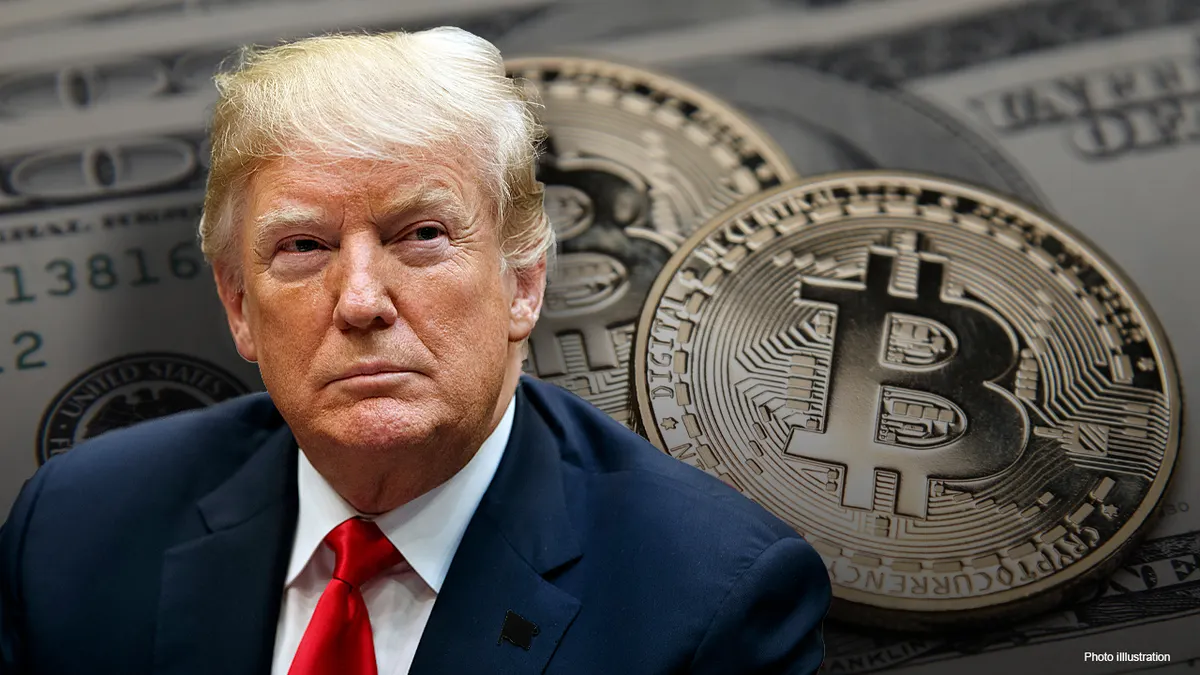Congressional Democrats are scrutinizing whether David Sacks, President Donald Trump’s appointed crypto and artificial intelligence czar, has exceeded the legal limits of his “special government employee” (SGE) status. The inquiry comes as Sacks has played a leading role in advancing the administration’s digital asset agenda, including overseeing key regulatory milestones in the U.S. stablecoin framework.
Special Government Employee Status Under the Microscope
SGEs are temporary federal officials appointed to provide expertise in specific areas without navigating the full federal hiring process. By law, SGEs are limited to 130 days of service per calendar year, though some agencies allow for “good faith” estimates to account for expected service. The status enables appointees like Sacks—and previously Elon Musk—to contribute to government initiatives while maintaining outside business engagements.
Senator Elizabeth Warren, joined by Senators Bernie Sanders and several House colleagues, sent a letter to Sacks requesting clarification on the number of days he has worked in 2025. “If you have worked every business day, your 130th day was July 25, 2025,” the letter notes, framing the inquiry as an investigation into potential overstepping of his temporary role.
Sacks’ Role in the Administration
Since January 20, 2025, Sacks has served as the administration’s point person for crypto policy and artificial intelligence oversight. He has supervised day-to-day operations within the President’s Council of Advisers on Digital Assets, coordinating policy initiatives and regulatory engagement.
Under his guidance, the administration marked a major legislative milestone: the signing of a new law regulating U.S. stablecoin issuers, a development celebrated with Sacks in attendance. Sacks also manages the administration’s crypto advisory team, which saw Patrick Witt replace former director Bo Hines, who left to join Tether as U.S. executive.
Legal and Political Implications
The focus on Sacks’ SGE status underscores broader tensions around temporary government appointments. While the designation is meant to bring specialized expertise without bureaucratic delay, critics argue it can be exploited to bypass typical ethics safeguards or retain outside income streams. The 130-day cap exists to maintain this balance, and Democrats contend exceeding it could undermine congressional intent.
Earlier in 2025, legislation was proposed by Democratic lawmakers aimed at restricting SGEs from using their role for financial gain or extending their tenure beyond the statutory limits. Sacks’ case has drawn attention because it intersects high-profile crypto policy with questions about government ethics and oversight.
Market and Crypto Community Impact
While the SGE dispute is largely administrative, it has potential ripple effects in the crypto market. Sacks has been instrumental in shaping regulatory clarity for stablecoins and other digital assets, providing market participants with more certainty on compliance and innovation. Any disruption to his role could slow or alter the trajectory of policy development, impacting institutional and retail investor confidence.
For now, Sacks continues to execute the administration’s pro-crypto agenda while the investigation unfolds. Observers note that clarity on his SGE status will not only affect governance protocols but may also influence how future crypto policy advisors are appointed and managed.
Key Points:
-
David Sacks’ service may exceed the 130-day limit for SGEs, prompting a congressional inquiry.
-
Sacks has overseen major crypto policy initiatives, including the U.S. stablecoin regulatory framework.
-
The investigation highlights potential governance and oversight implications for temporary federal appointments in high-impact sectors like crypto.













https://shorturl.fm/csf2r
https://shorturl.fm/kddx5
https://shorturl.fm/bKQAP